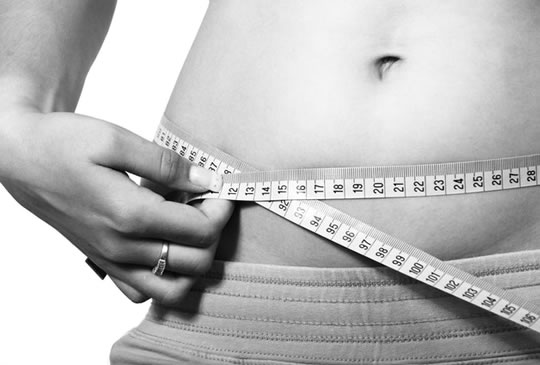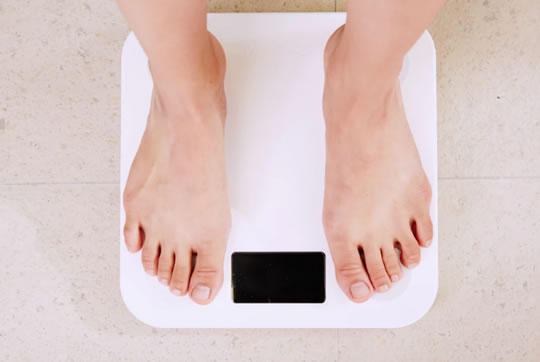The mineral is linked to losing six times more weight.
Women who take a calcium supplement lose six times as much weight, one study has found.
Women taking the calcium supplement dropped 13 pounds in 15 weeks on a weight loss program, in comparison to only 2 pounds in a control group.
It is thought that calcium deficiency encourages the brain to increase food intake to get more of the essential mineral.
Studies have also shown that people who are calcium deficient have more body fat, larger waistlines and higher levels of ‘bad’ cholesterol (LDL).
Another study has shown that decreasing intake of dairy products, which contain a lot of calcium, is linked to putting on weight.
Getting enough calcium is also linked to lower risk for cardiovascular disease.
Around half of all obese people are calcium deficient.
For the study, 63 overweight or obese women followed a 15-week weight loss program.
The analysis showed that they consumed less than 600 mg of calcium per day, whereas the recommended intake is 1000 mg.
Along with following a diet, they also took 1200 mg of calcium per day or a placebo.
The results showed that those taking the calcium lost an average of 13 pounds, in comparison to just 2 pounds in the placebo group.
However, these results were limited to those who had low levels of calcium intake initially.
Professor Angelo Tremblay, who led the study, said:
“Our hypothesis is that the brain can detect the lack of calcium and seeks to compensate by spurring food intake, which obviously works against the goals of any weight loss program.
Sufficient calcium intake seems to stifle the desire to eat more.”
The study was published in the British Journal of Nutrition (Major et al., 2008).







